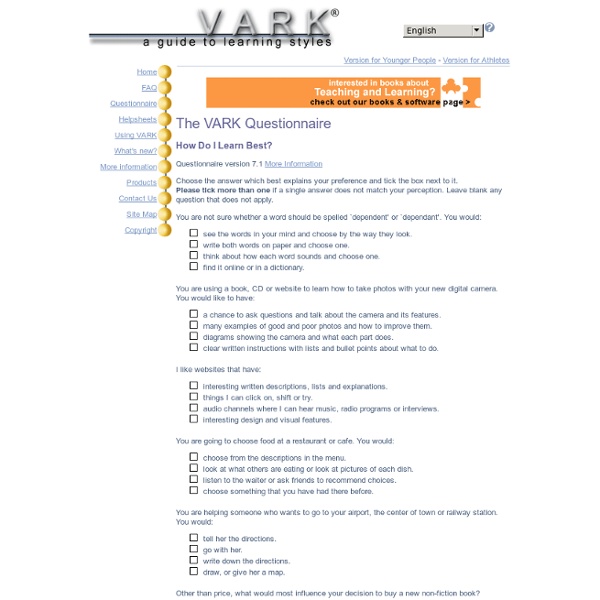



University: Academic Success Center - Home Page for the Academic Success Center (ASC) Excellence, responsibility, and integrity in a challenging academic environment. The ASC is currently operating under summer hours, Monday through Thursday, 8am-5:30pm, and Friday, 8-11:30am. Summer tutoring is available for MATH 150. If you are interested in receiving tutoring for this course, stop by the ASC. If you would like to drop your tutor, please complete the application to drop tutoring. Exams and Revision Introduction: What is revision? It is worth regularly revisiting work you have covered. This way you become familiar with the content. Try and get into the habit of looking over lecture notes at regular times (for example at the end of each day). Revision is not a last minute panic to cram in as much as possible. Write a list of reasons why you want to pass your exams and display it as a constant reminder. Helpful tips for stress free learning Create a relaxed atmosphere Whenever possible, break tasks down into smaller and more manageable “chunks”, that will then be easier to remember Revise previously covered work on a regular basis Organisation Exams and revision can be tackled with careful preparation and a methodical, organised approach. You may wish to devise a plan before you start. Revision and learning style Exams do place emphasis on memory and remembering information (often in sequence). Visual – seeing pictures, diagrams, using images and visuals Visual approach. Sound approach.
Ink on Paper: Some Notes on Note-taking | Wray Herbert I went to college long before the era of laptops, so I learned to take notes the old-fashioned way: ink on paper. But that does not mean my note-taking system was simple. Indeed it was an intricate hieroglyphic language, in which asterisks and underscoring and check marks and exclamation points all had precise meaning, if only to me. It's a lost art. Many college students have some kind of electronic note-taking device nowadays, and most will swear by them. But has anyone actually compared the two? Of course, students could develop an elaborate hieroglyphic system using a laptop. They ran a few experiments, all basically the same. This experiment provided preliminary evidence that laptops might be harmful to academic performance. At least right away. The scientists tried to simulate this in another experiment. The findings, which Mueller and Oppenheimer describe in a forthcoming issue of the journal Psychological Science, were a bit surprising.
BRAIN.HE - Best Resources for Achievement and Intervention re Neurodiversity in Higher Education Further Reading and Websites The RCA library has a number of books and videos concerned with dyslexia and dyspraxia. They are all located just inside the mezzanine level, on the left. , Dr Beve Hornsby. , Thomas West. , Ronald Davis. , Julia Crisfield T. , Betty Edwards , by Ellie Chamber and Andrew Northedge. , L Marshall and F Rowland , Tony Buzan , Tony Buzan , Tony Buzan , M. , M.F. , Dr A. M. Please have a search through these sites – there is a lot of useful information in them. The BDA www.bdadyslexia.org.uk Raises awareness of dyslexia, dyslexia assessments, trains support teachers Xtraordinary People www.xtraordinarypeople.com Raises awareness andcreates funds to instigate dyslexia training in schools Dyslexia Action www.dyslexiaaction.org.uk Dyslexia assessment, teacher training courses, workplace consultations British Dyslexics www.britishdyslexics.co.uk Provides services and information for children and parents with dyslexia The Adult Dyslexia Organisation www.adult-dyslexia.org Supports dyslexic men and women. www.interdys.org